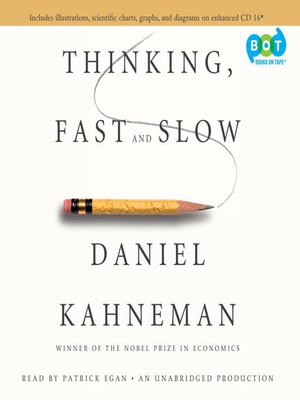

Slow thinking can help you think about what you are doing and what mental faculties you’re engaging in. When you need to control your thoughts and actions, quick thinking is not the way to go. This allows you to see how and why they need to be followed and what is expected when you follow the rules. You see the rules, reflect on them, and look for their meaning. Slow thinking means you think intentionally and deliberately about the steps before moving forward and this thinking process is also the one that makes it easier for you to follow rules. As a quick thinker, you may jump and skip the rules as you might seek expertise, not success. When you’re a slow thinker, you follow rules easily. And when you choose after deliberate thinking, you’re likely to make a very conscious, controlled, and voluntary decision. When you use the slow thinking process, you are more likely to make reasonable decisions after thinking thoroughly about the relevancy and the consequences of the alternatives. Fast thinking doesn’t allow you to make deliberate decisions and also doesn’t give you the time to pause, think, and intentionally think about the alternatives. Slow thinking can also help you make conscious decisions. To fix your mistakes, you need to think about the task you’re doing and the steps you’re taking during the process. Later, with the help of system 2 (slow thinking), you can use your mental faculties to adjust the errors while making a detailed analysis of the mistake. When you want to correct errors, you need conscious attention, the kind that helps you figure out the problem first. Quick thinking may offer an automatic or fast solution but there is hardly a guarantee that it will be the right one. While System 1 (fast thinking) can help you with basic calculations, it can’t be as effective when it comes to helping with complex calculations or questions that require reasoning or deeper analysis.

With a slow thinking process, you can compare and visualize the outcome of your choices. Slow thinking can also help you carefully ponder the consequences of your actions. Slow thinking can help you better reflect on your circumstances, any problems you’re facing, and their potential solutions. When you think slowly, you process information slowly. To successfully carry out these actions, we need to have a conscious awareness and focus it on the object or action. Listening to someone’s voice amidst the noise.Observing an action in a social interaction.Waiting for the traffic lights to change.Some examples of where the slow thinking process works can be: This system needs focus, conscious attention, energy, and effort. The second system focuses our attention on mental functions that need a conscious effort such as calculating complex numbers. Also Read: Is Overthinking Making You Second Guess Yourself A Lot lately? How To Stop


 0 kommentar(er)
0 kommentar(er)
